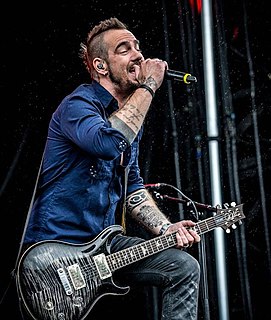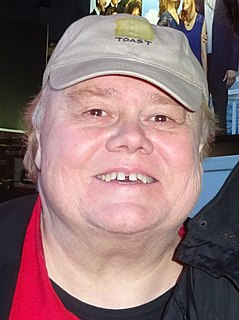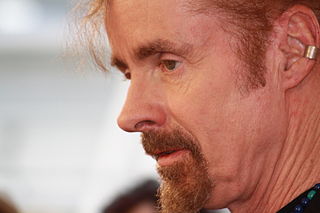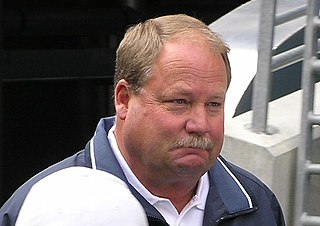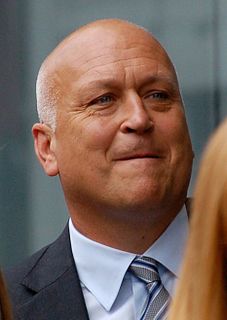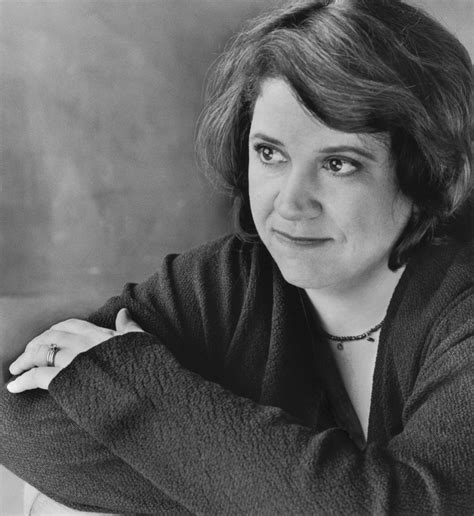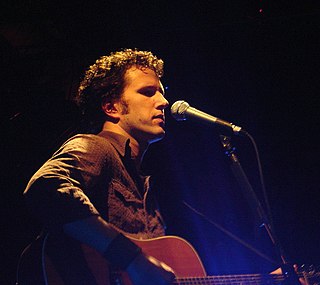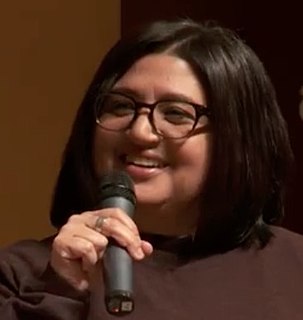A Quote by Erin Brockovich
What's happened in my career has been about knowing myself and realizing my flaws are my strengths, and to embrace them; to access what I'm really good at, and what I'm not so good at; and tune out the voices that get inside your head and make you think you can't do something.
Related Quotes
I wrote a song on the record called 'Flawed Design' and it's basically looking at that, and it was just exploring how everybody obviously has flaws. I think to embrace those flaws - enjoy them, embrace them - and actually be a real person is something that a lot of people struggle with, myself included.
Your agent or manager tells you. They go, "You're out. They're gonna get a new guy." But then I didn't feel bad. I didn't take it personally. Not that I'm competitive at all. But you have pride in that, you know? You want your ratings to be good. But now that I'm 62, I don't really care about the ratings. I don't care about the reviews. I care about the work, and I care about the people that I'm working with, and I try to make the experience for them and myself as good as it can be.
The greatest thing is the internet and that means that anybody, you have just as much access as I do. And you can make your little tape and work on it and work on it until you got it the way you want it. And then you can put it on the net. And if it's any damn good somebody's gonna notice. That's happened over and over again now. To me that's good. That's good access that isn't controlled by the companies. I think that's a great thing.
There were a lot of lessons of production to be learned. On the page, the biggest thing you learn on any TV show is how to write to your cast. You write the show at the beginning with certain voices in your head and you have a way that you think the characters will be, and then you have an actor go out there, and you start watching dailies and episodes. Then, you start realizing what they can do and what they can't do, what they're good at and what they're not so good at, how they say things and what fits in their mouth, and you start tailoring the voice of the show to your cast.
There's never a mistake in the universe. So if your partner is angry, good. If there are things about him that you consider flaws, good, because these flaws are your own, you're projecting them, and you can write them down, inquire, and set yourself free. People go to India to find a guru, but you don't have to: you're living with one. Your partner will give you everything you need for your own freedom.
Treat your career like a bad boyfriend...
Your career wont take care of you. It won't call you back or introduce you to its parents. Your career will openly flirt with other people while you are around... You have to care about your work, but not about the result. You have to care about how good you are and how good you feel, but not about how good people think you are or how good people think you look.
I'm always trying to make something that is impossible to film. Why would somebody just read a novel when they can see it on TV or in the cinema? I really have to think of the things fiction can do that film can't and play to the strengths of the novel. With a novel, you can get right inside somebody's head.
I've never really been met with indifference, where they say, 'Who cares?' I think that's what good art is supposed to do. It's not supposed to make you feel good about your own prejudices and your own values; it's supposed to open you up in some way and get you outraged or make you happy or make you sad or whatever it's going to do.
He misses the feeling of creating something out of something. That’s right — something out of something. Because something out of nothing is when you make something up out of thin air, in which case it has no value. Anybody can do that. But something out of something means it was really there the whole time, inside you, and you discover it as part of something new, that’s never happened before.
You wake up and you feel - what? Heaviness, an ache inside, a weight, yes. A soft crumpling of the flesh. A feeling like all the surfaces inside you have been rubbed raw. A voice in your head - no, not voices, not like hearing voices, nothing that crazy, just your own inner voice, the one that says 'Turn left at the corner' or 'Don't forget to stop at the post office,' only now it's saying, 'I hate myself.' It's saying, 'I want to die.'


